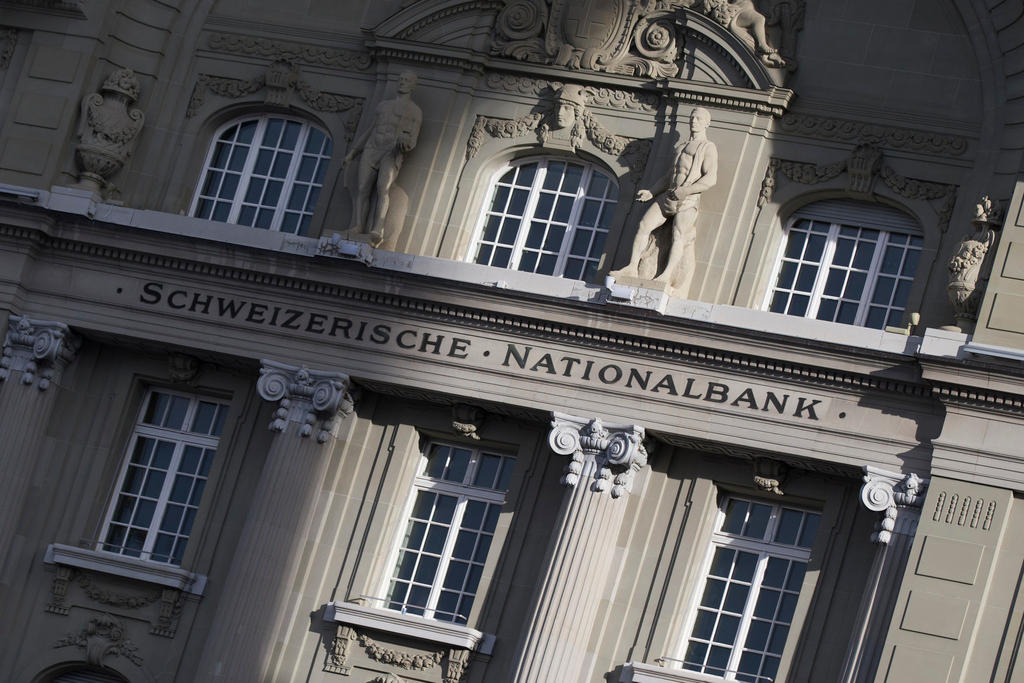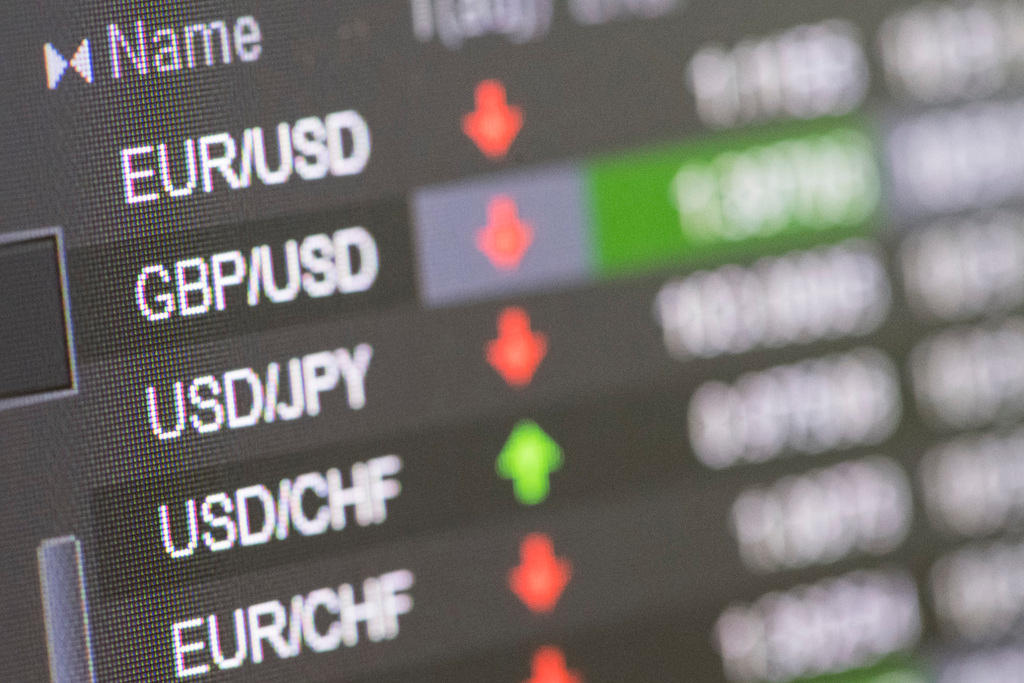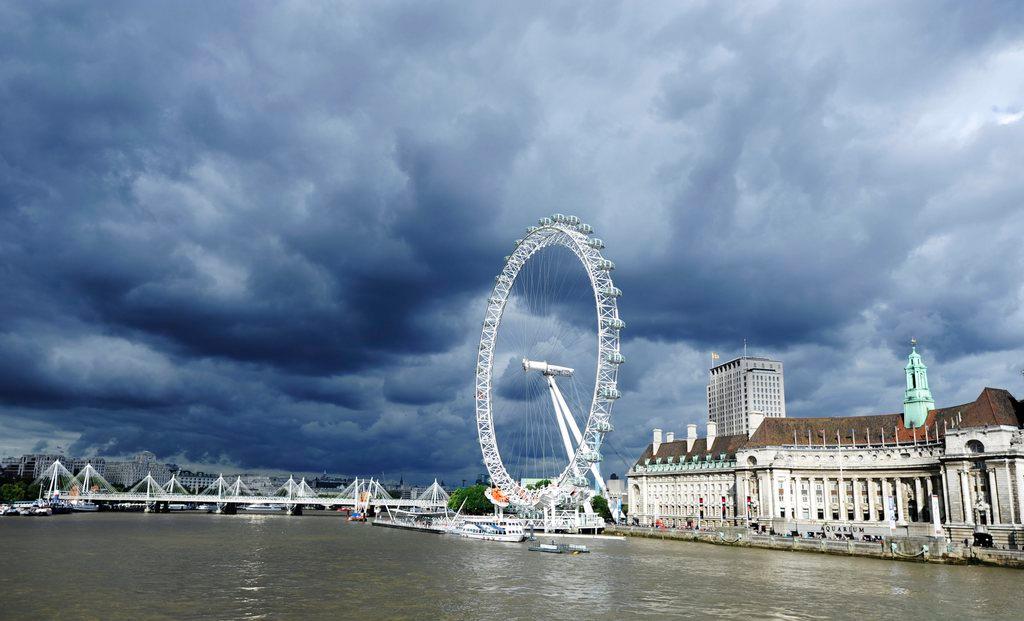SNB swells foreign currency reserves after Brexit

The foreign currency reserves at Switzerland’s central bank swelled to CHF609 billion ($623 billion) in June – the month that Britain voted to leave the European Union.
Brexit has further strengthened the safe haven franc compared to other currencies.
The Swiss National Bank (SNB) has been working overtime since the June 23 Brexit vote to prevent the franc from inflating too fast. It does this by printing francs and buying foreign currencies. Keeping the franc in check is vital for Swiss exporters and the country’s domestic tourism industry.
The SNB’s foreign currency reserves expanded more than CHF6.5 billion in June from the previous month. At the end of 2015, the central bank’s holdings of euros, dollars, pounds, yen and other currencies stood at CHF593 billion.
Other data released this week confirms the feverish rate that the SNB has been intervening in the foreign exchange markets. The amount of sight deposits – assets stashed at the SNB by domestic banks – rose from CHF496 billion in the week before Brexit to CHF507.5 billion in the week after the vote.
This is viewed by the markets as a rough yardstick for measuring the rate of SNB currency interventions.
In June, the SNB decided against lowering interest rates (already in negative territory) even further but repeated its commitment to foreign exchange interventions to keep the franc in check.
The central bank has been fighting a tough battle to keep the franc from overheating ever since the 2008 financial crisis, when investors flocked to the safe haven currency. In 2011, the SNB announced a CHF1.20 exchange rate ceiling against the euro, but had to abandon that policy in January 2015 as foreign currencies started spiraling out of control.
Although the SNB is an independent entity, it been under continuous pressure from some political parties for its currency policies. It is feared that the growing currency reserve mountain could result in huge losses when it is eventually sold off.

In compliance with the JTI standards
More: SWI swissinfo.ch certified by the Journalism Trust Initiative




You can find an overview of ongoing debates with our journalists here. Please join us!
If you want to start a conversation about a topic raised in this article or want to report factual errors, email us at english@swissinfo.ch.